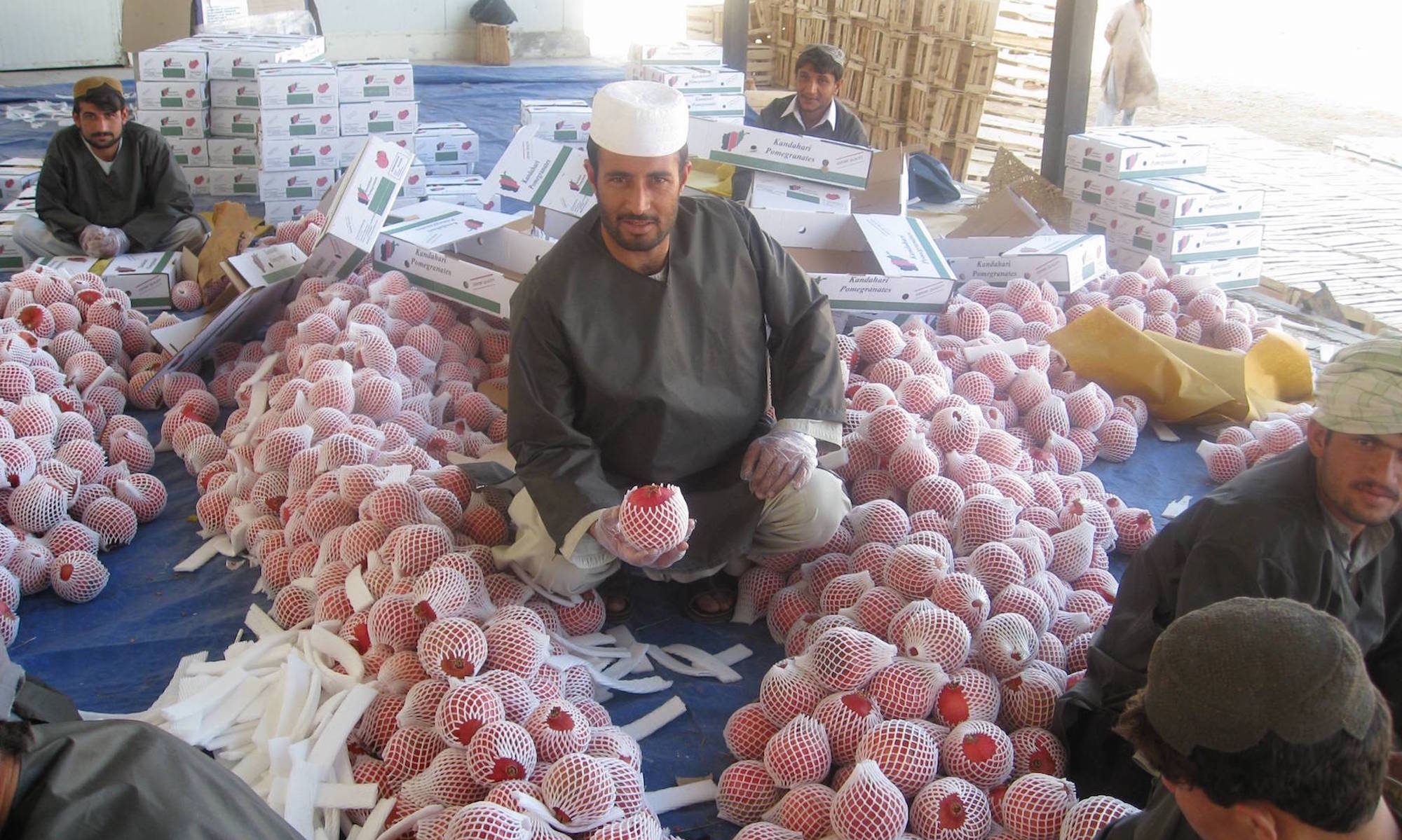This article examines policing in Sierra Leone four years after the civil war. It evaluates the achievements in the area of policing against the major policing challenges in African post-conflict societies. These are recruitment and (re)training of a civilian force; establishing an organizational culture that is accountable and responsive to citizen concerns; organizational rebuilding and re-equipment; utilizing the resources of commercial and community organized policing; and establishing a sustainable basis. The research finds that for all the positive achievements, the fact remains that the government of Sierra Leone still does not exert effective control over, nor is it able to deliver state policing services to, significant parts of its own territory. The 7,000 active police officers are too small in number and too limited in resources to provide all Sierra Leone’s citizens with a service that protects them from crime and investigates crime. Its fundamental weaknesses mean that post-conflict internal security programmes may have to look again at others who currently authorize and provide policing. It may be that some community led policing groups can be harnessed and if necessary reformed to assist the police in establishing the rule of law.

INSCT Postconflict Research Database
The Institute for National Security and Counterterrorism's Postconflict Research Database & Analysis Project stores cross-indexed bibliographic information on hundreds of journal articles, books, book chapters, and case reports that address the broad, interdisciplinary fields of postconflict reconstruction, stabilization, and peacebuilding.
41 Replies to “The African Post-conflict Policing Agenda in Sierra Leone”
Comments are closed.